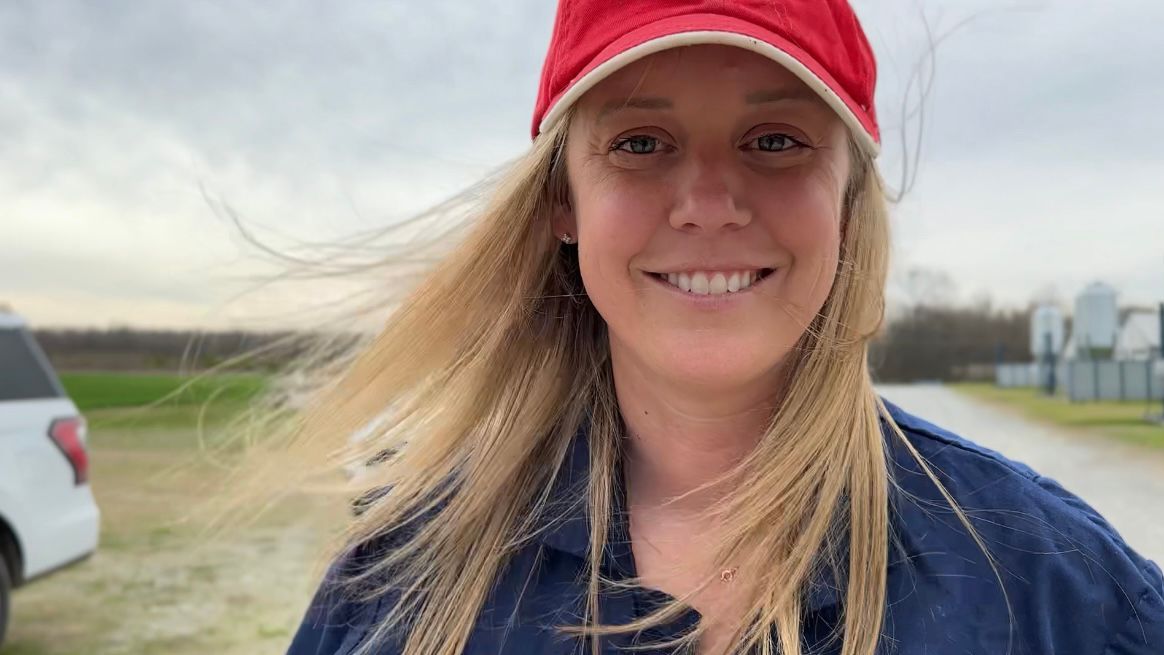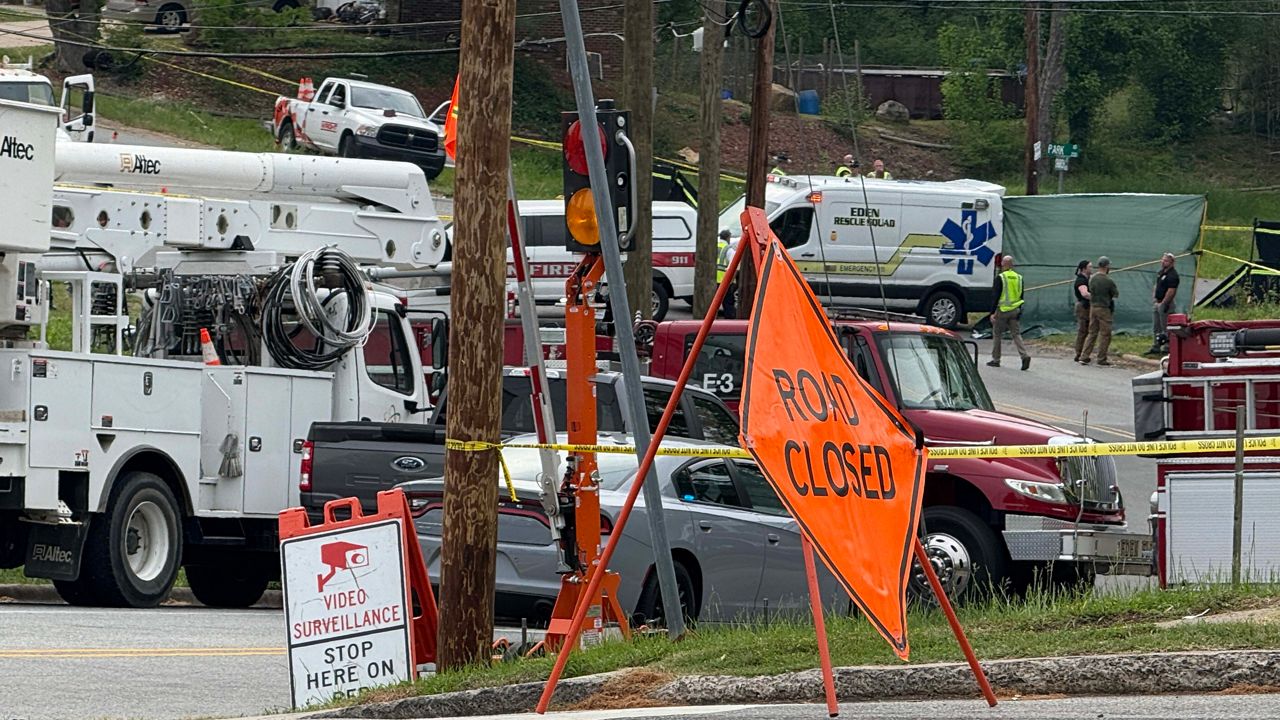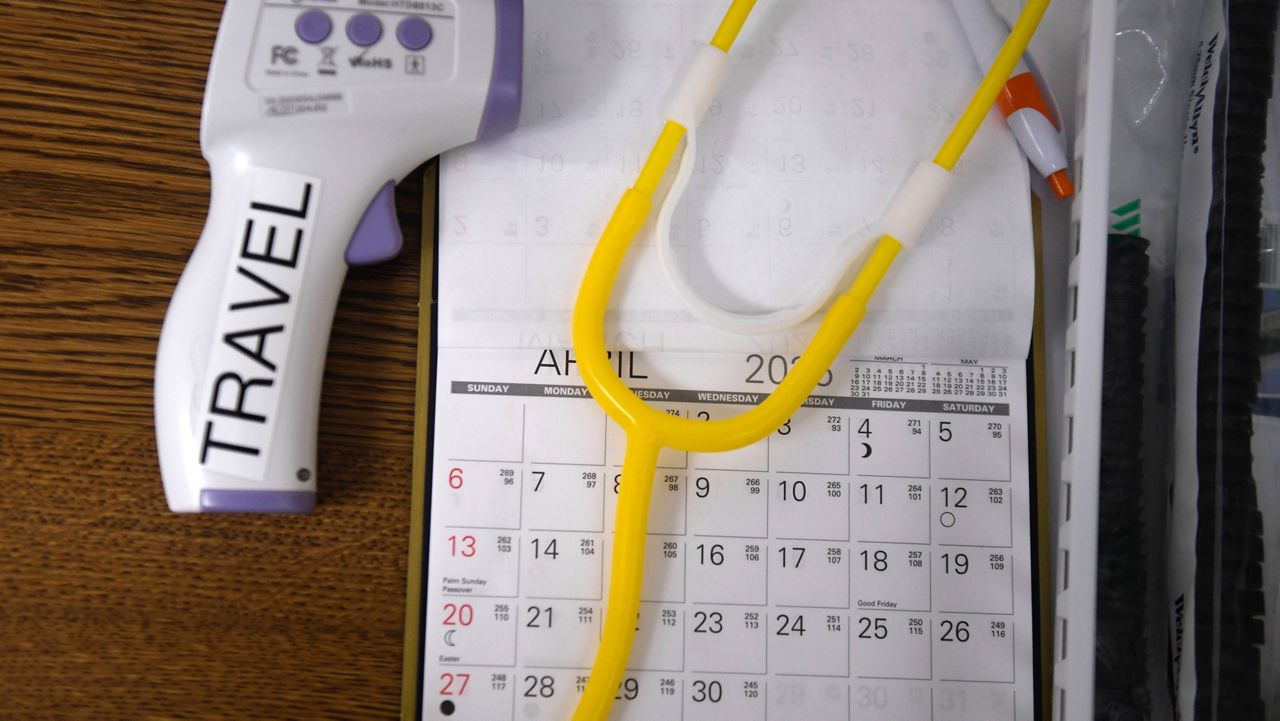WAYNE COUNTY, N.C. — There’s a stereotypical image of a farmer and it’s not a female, but women are integral to agriculture even if they’re not known as the faces of the industry.
According to the U.S. Department of Agriculture, there are 1.2 million female producers in the country, making up 36% of the country’s farmers, but just 9% of farms are run by women.

Marlowe Ivey is a swine farmer in North Carolina who defies those odds and believes women’s impact on agriculture will only continue to grow in the future.
“When you're a kid, you grow up watching Old McDonald had a farm and he was an older white man in his coveralls with a pitchfork and that's just not the reality of where agriculture is today,” Ivey said. “There's obviously different farmers of different ethnic backgrounds and different genders and that's a huge testimony of the people that are getting involved in agriculture.”
Ivey herself had no plans to join her family’s farming legacy or be involved with agriculture until she returned to the farm years after college and discovered a passion in swine.
“Am I glad to help populate or help promote women and ag? Absolutely. But is it something that I think about when I'm at the farm every day? Usually not. It's just my job,” Ivey said.

According to the 2017 census of agriculture, female-operated farms make up 38% of all U.S. agriculture sales and 43% of U.S. farmland.
“I've had many mentors along the way to help me get to where I am today,” Ivey said. “I think the biggest testimony is my dad raised me to work like a man, but act like a lady.”
She’s a fourth-generation farmer and has no plans to let her gender stop her from growing her family’s swine operation, while she works for carbon neutrality, advanced technology and a greater understanding of agriculture.
“I'm not doing this for the past. I'm doing this for the future. And hopefully my daughter or my son want to come back and care about the same passions and be the same stewards of the land,” Ivey said. “I’m thankful to have an opportunity to be a woman in ag.”










